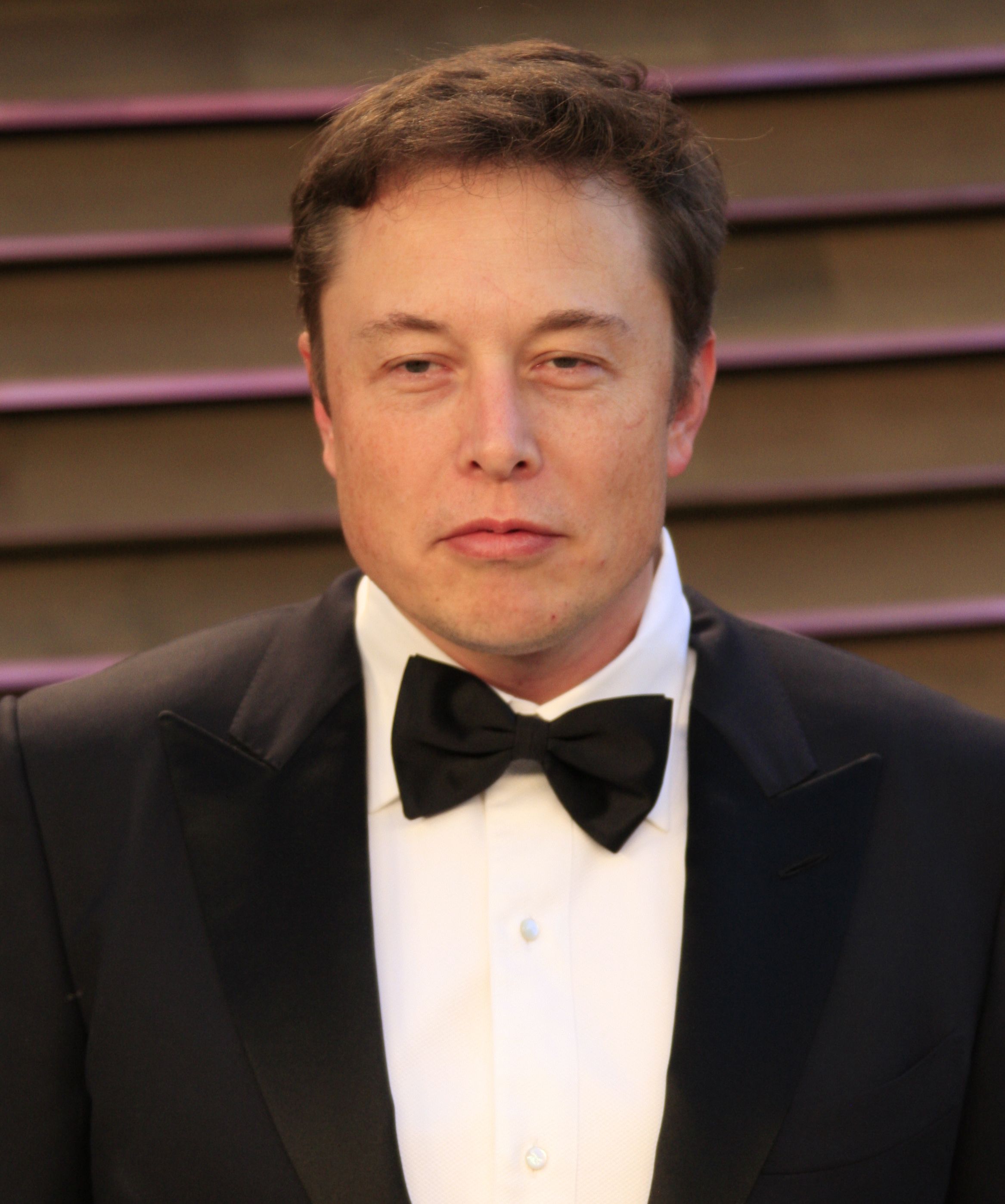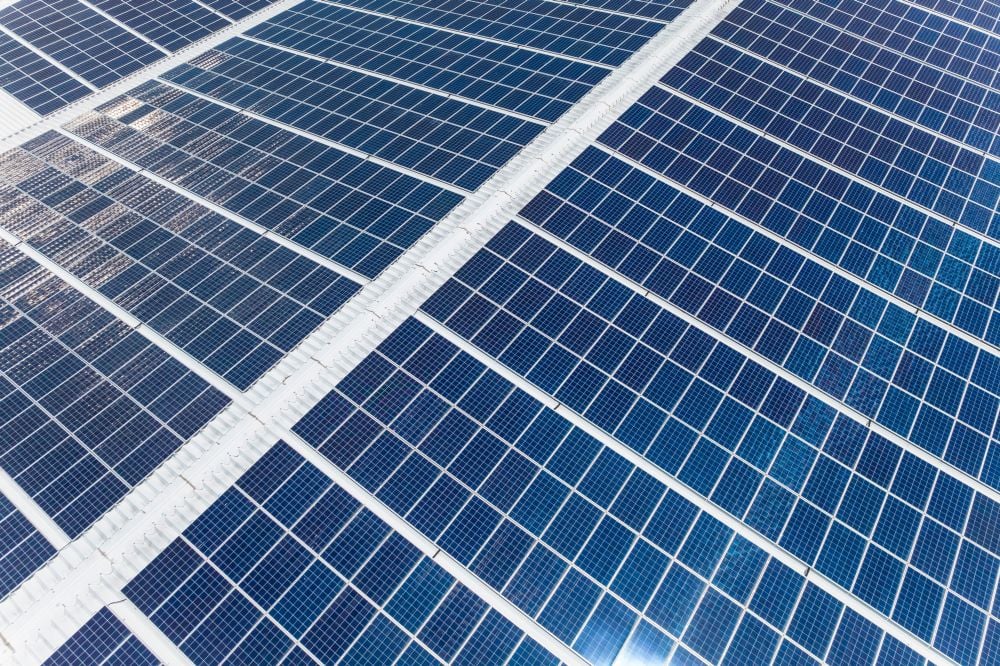
American billionaire and Tesla, Twitter and SpaceX chief executive officer Elon Musk may be doing more damage to environmental, social and governance (ESG) investing than he realizes.
For the unfamiliar, Tesla, Musk’s electric vehicle (EV) company, has seen its valuation plunge by 71% from US$1.2 trillion (more than the valuation of the 10 biggest car manufacturers combined) a year ago, resulting in a personal loss of US$200 billion to Musk’s fortune. But despite this loss he remains one of the richest men in the world.
Even 2023 doesn’t look good for Tesla in the wake of reports issued on January 3 that it failed to meet its delivery targets for three consecutive quarters of 2022, resulting in another 12% drop in its valuation or an estimated US$50 billion loss. In China, Tesla began offering huge discounts for its EVs just before Christmas and extended the discounts into the new year (2023) to boost sales with some success. But that's another story.
In simple terms, Tesla over promised but could not deliver, which is not a good sign for any company, especially one with the highest valuation in the industry.
But even before that happened, stock analysts and experts were already questioning the stratospheric valuation of the company. And that scepticism, among other reasons, such as inflation, rates hikes and drop in demand, has been what is pushing the share price downwards, resulting in the massive drop in valuation.
Nevertheless, the sharp plunge in valuations is surely hurting a lot of institutional and retail investors who have bet their money on Musk and Tesla and their belief that the company is an industry leader in EVs and meets ESG investment guidelines.
On the retail investor side, there are a lot of pensioners and potential retirees, particularly in the US, who bought Tesla stock as part of their retirement portfolio and the plunge in valuation can’t be good for them.
And for many institutions who have ESG guidelines that their investments have to meet, Tesla always ticked the environmental box because it’s an EV manufacturer. Also, for other institutions who invest in digital assets, particularly bitcoin, Tesla is considered an environmentally sound proxy for bitcoin miners and exchanges.
The social and governance elements of the ESG criteria for Tesla, however, are less clear for investors. And this is where the Musk’s current buyout of Twitter and his controversial conduct following that acquisition come into play. For those unfamiliar, Musk sold a huge chunk of his Tesla shares to pay for the acquisition of Twitter. This did not help Tesla’s valuation, which was already dropping at the time.
Also, in the aftermath of the Twitter acquisition, Musk has alienated a lot of people, companies and entities with his behaviour. First by firing a lot of Twitter staff in the guise of restructuring the company. Second, he also reversed existing Twitter privacy policies and started pushing conspiracy theories giving the perception that he’s very much aligning himself with the extreme right wing of the political spectrum.
For example, in May 2022, in response to Tesla being removed from the S&P 500 ESG Index as part of an index rebalancing exercise, Musk tweeted: “ESG is a scam. It has been weaponized by phony social justice warriors.” (Social media giant Meta, pharmaceutical company Johnson & Johnson and car maker Chevron were also removed from the original list of index companies.)
The irony is that with this comment alone Musk has alienated anyone who may believe in ESG and is invested in Tesla either by buying stocks or its EVs. More important, even if Musk may not really believe his own tweet, he is attacking the very premise on which Tesla was founded, which is to be a renewable energy car company.
If you think about it, the people and entities that he branded “phony social justice warriors” are those who do not belong to the extreme-right political persuasion. In fact, they are more likely to be in the opposite camp.
The people and entities with extreme-right political persuasions – and Musk now appears to be one of them based on his recent Twitter comments – do not believe in climate change. They are not likely to buy a Tesla or any EV for that matter. They are also not likely to invest in Tesla stock.
So, not only are Musk’s actions with respect to Twitter alienating investors, they are also alienating existing and potential customers who are believers in ESG.
On the bright side, Tesla and Musk’s issues may be opening up more opportunities for other EV manufacturers, particularly Asian ones like BYD and Vinfast, who can provide alternatives to Tesla EVs with much less drama.
Tesla EVs may remain a good product, but unless the company can deliver on its commitments and Musk stops alienating his investors as well as existing and potential customers, it may no longer be a good investment, especially from the ESG perspective.









